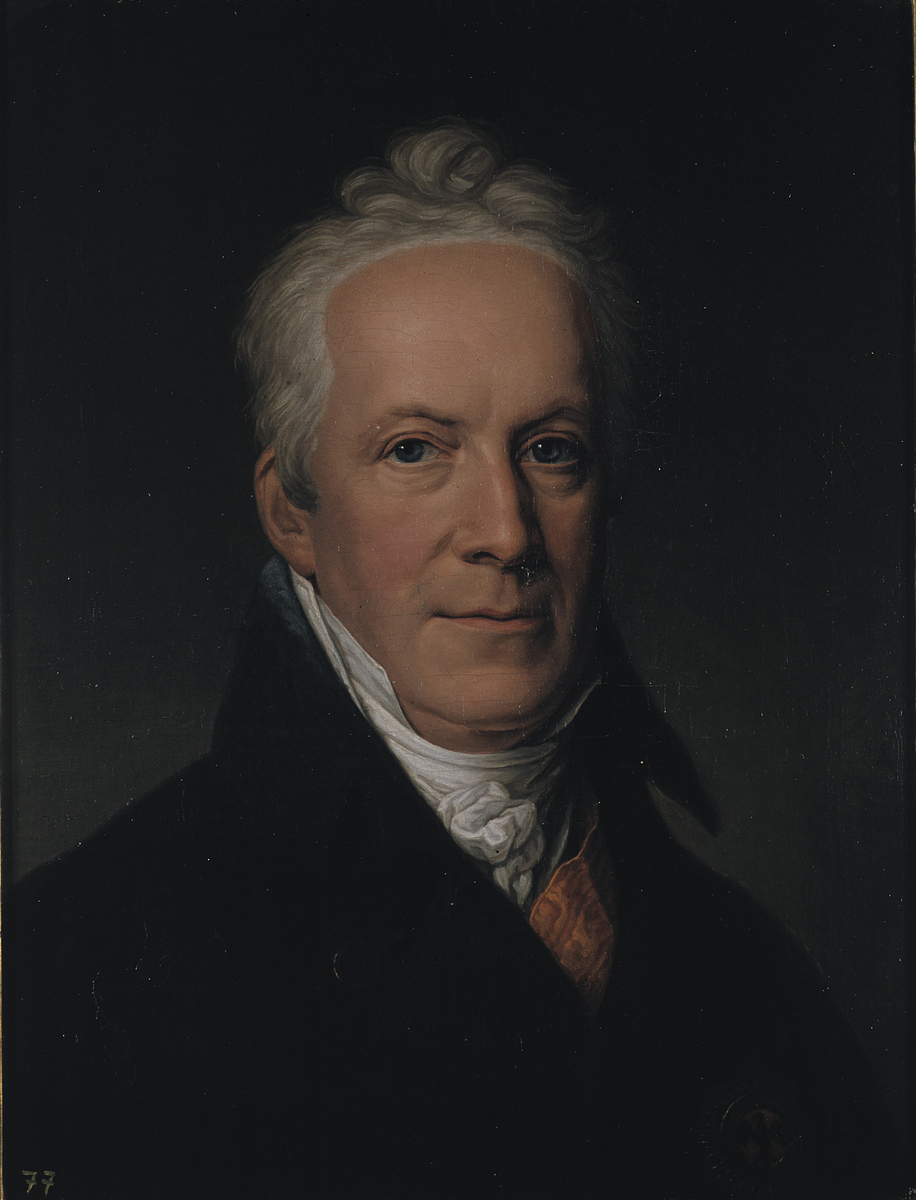Abstract
Karl August von Hardenberg (1750-1822) was appointed to the Prussian
foreign ministry in 1798; from 1804 to1806, he served as foreign
minister and strove to secure territorial gains for Prussia in return
for neutrality vis-à-vis Napoleonic
France. Dismissed twice at Napoleon’s behest, Hardenberg worked behind
the scenes for Frederick William III (r. 1797-1840) to promote Prussia’s
recovery after its devastating defeat at the battles of Jena and
Auerstedt in 1806. In 1810, Hardenberg succeeded Karl Baron vom und zum
Stein (1757-1831) as Prussian chancellor. Stein’s administration had
abolished juridical serfdom among the Prussian peasantry and introduced
elected municipal self-government. Hardenberg’s cabinet subsequently
abolished guild monopolies in favor of a liberal market economy,
extended citizenship and (on conditional terms) civil rights to
Prussia’s Jewish population, introduced a new state-funded system of
public education from elementary school to the university level,
administered the conversion of noble-dependent peasant farms into
freehold property, and introduced a reformed tax system. Like Stein and
other reformers, he aimed at the promulgation from above of a
constitution with new parliamentary organs but suffered defeat in the
conservative reaction that spread throughout Germany and Europe after
1815.
In foreign policy, he adopted a cautiously supportive stance toward
France before aligning Prussia with the anti-Napoleonic coalition in
1813. Prussia took the lead in organizing the military forces and
campaigns that led to Napoleon’s expulsion from Germany. The Prussian
army was co-victor, alongside Wellington’s British soldiers, against a
resurgent Napoleon at Waterloo. These accomplishments enabled Prussia to
make valuable territorial gains, notably the acquisition of the
industrially important Rhineland and Westphalia, at the Congress of
Vienna in 1814-15. After 1819, Hardenberg’s reform program stalled as
conservative circles supported the Prussian king in acquiescing to
Austrian Chancellor Clemens von Metternich’s repression of liberal,
democratic, and popular nationalist movements.
